While she studied to earn her Master of Public Health, Jessica L. Stewart, PhD, was working as a health coach at McCorkle Nurseries, Inc. and had a vision to better serve the workers there, but she needed help to make her vision come to life.
When she became a postdoctoral fellow at Augusta University’s Medical College of Georgia, she met Lorriane Odhiambo, PhD, who was also a postdoctoral fellow at the time for the Institute of Public and Preventive Health. Together, along with mentorship from Pam Cromer, DNP, and buy-in from the leadership of MNI, they were able to establish the beginnings of what has become the AU-McCorkle Nurseries, Inc. Rural Health Fair.
“While I was an MPH student, I worked as a health coach here, and I then became the wellness program manager for the nursery for a few years until I finished school,” said Stewart, who is an assistant professor in the Department of Community and Behavioral Health Sciences of AU’s School of Public Health. “I kept advocating; I tried to get people to jump on board to do a health fair out there because they have this population that is perfect for this kind of event, and the trust was already there.”
It might have taken a few years for it to finally get off the ground, but now in its fifth year, the health fair and community engagement endeavor is thriving and providing more services to the workers and the community around Dearing, Georgia.
“I think it gets better every year. It’s added some different services, one year to the next,” said Skeetter McCorkle, president and CEO of MNI, whose grandfather, C.S. McCorkle, founded the business in 1942. “We have over 100 people from our team here, and this is open to the community as well. We’ve always tried to be health-conscious for our team. We brought in Dr. Stewart, and she, Paula and our HR department worked together. This started as a dream and a conversation, and here we are five years later.”
“It’s a good partnership between McCorkle Nurseries and Augusta University because a good many of our employees come from Mexico, and it’s good for them to have this kind of service available. But also, for Augusta University, it’s a teaching school, so they have students that need the actual experience of working with the rural community,” said Paula Powell-Kitchens, human resources manager at McCorkle.
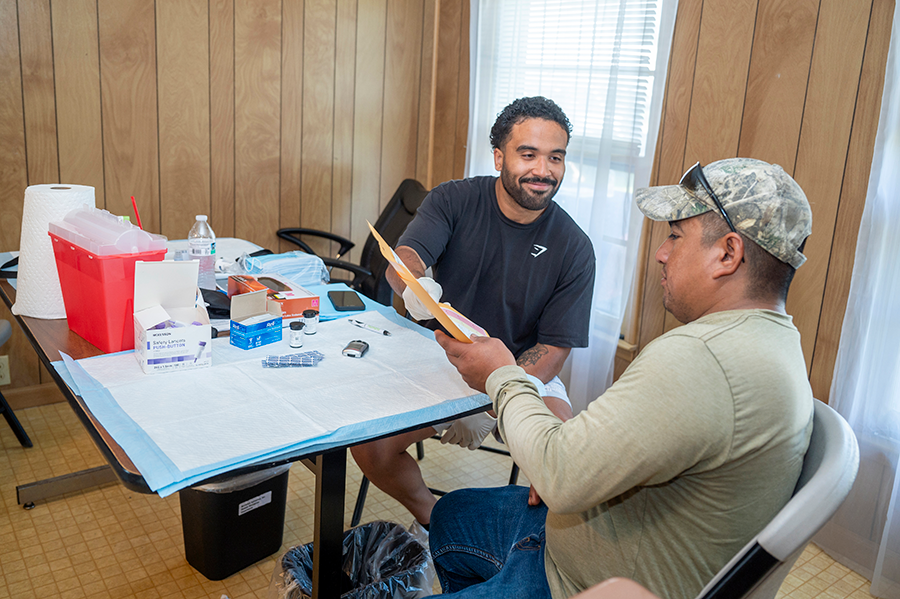 A volunteer hands a McCorkle Nurseries worker his paperwork after conducting a screening. [Michael Holahan/Augusta University]
A volunteer hands a McCorkle Nurseries worker his paperwork after conducting a screening. [Michael Holahan/Augusta University]On Friday, June 6, faculty, staff and students from AU’s School of Public Health, College of Allied Health Sciences, Medical College of Georgia, College of Nursing and the Ryan White & Global HIV/AIDS Program, as well as volunteers representing Eisenhower Army Medical Center, Piedmont Healthcare, the HUB for Community Innovation Augusta, Shepeard Community Blood Center, the Georgia Department of Public Health and Associated Credit Union gathered at McCorkle Nurseries to offer free health assessments, screenings and services and educational materials to the workers and community surrounding the nuersery.
The screenings included foot exams, carotid artery checks, lipid and glucose panels, diabetes risk assessment and blood pressure clinic, as well as services related to health promotion and education, lifestyle coaching, mental health and addiction resources and a blood drive.
It’s a far cry from the humble beginnings just five years ago.
“The first year, we didn’t do any kind of medical screening. It was more public health education. We didn’t have doctors or nurses who were able to do any kind of point-of-care screenings with people,” Stewart said. “The second year was the first year we were able to have physicians, and I had an intern who was working on earning his MPH while serving as clinical director for Eisenhower’s Family Medicine Residency program, and he brought residents with him.
“Every year it’s grown, and the whole point is that we’re still showing up,” Stewart continued. “I think that’s the most important thing – showing up for the community. They understand that we’re all struggling, and there have been changes everywhere, but we keep showing up and showing them that we are there for them.”
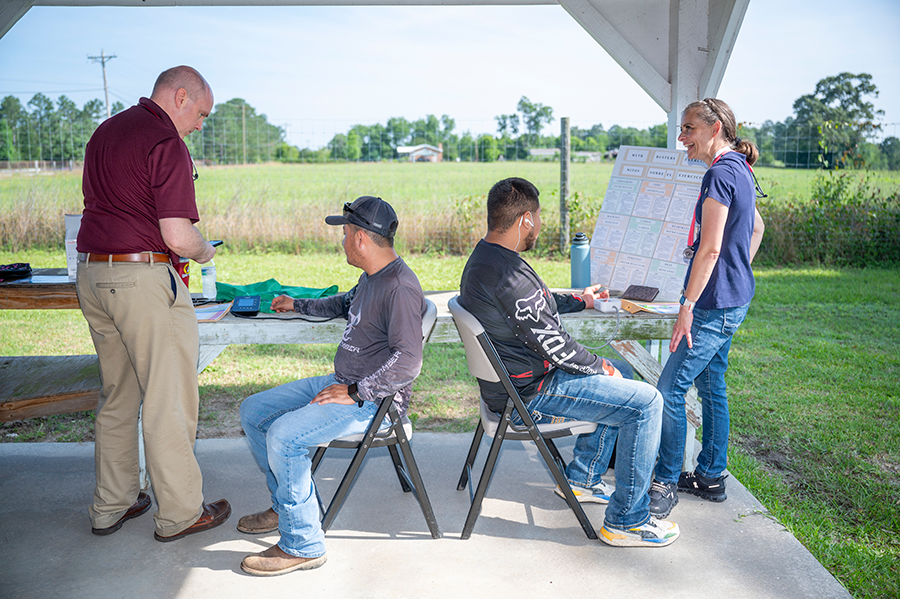 Jessica L. Stewart, PhD (right), and Jason Lanham, MD (left), director of the Residency Scholarship for MCG’s Department of Family Medicine, take blood pressure readings during the event. [Michael Holahan/Augusta University]
Jessica L. Stewart, PhD (right), and Jason Lanham, MD (left), director of the Residency Scholarship for MCG’s Department of Family Medicine, take blood pressure readings during the event. [Michael Holahan/Augusta University]After five years, there are many familiar faces to Stewart, which tells her the health fair is doing what it is designed to do – help the workers and the Dearing community and build on the trust they already have with the people they see every year.
“One of the things that we collect every year is how many years they have been working here, and the same people keep coming back,” she said. “If they’re still here, they come to the health fair. I see the same people I used to health coach seven, eight years ago. It’s an authentic outreach initiative for the workers and their community to have these resources and education for free.”
Because English isn’t the first language for many of the workers due to them being in the U.S. on work visas from other countries, a key component is a translation service offered through Wellstar MCG Health.
“Vivian Rice runs a medical translation certification program at Augusta University, and she has been here every single year. It’s an intense program, but it’s a certification for medical translation, which is huge for health fairs like this one,” Stewart said. “Vivian had five come with her to this year’s fair, and they do this purely as a volunteer, which is an incredible thing for them. Having them come out to be in the community and to help, we wouldn’t be able to do it without them.”
“We want to make sure that they not only understand and are fully informed about what is being done for them, but we also need to make sure that they follow up,” said Rice, who is the translation services manager at Wellstar MCG Health. “We want to give them a start to understand how important it is for them to care for their health and be able to follow up with a primary care physician after that.”
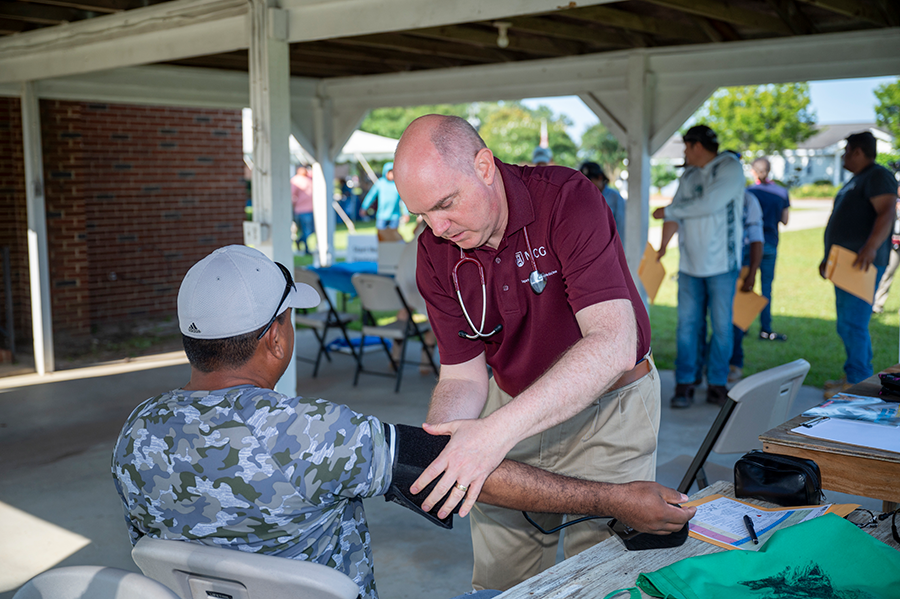
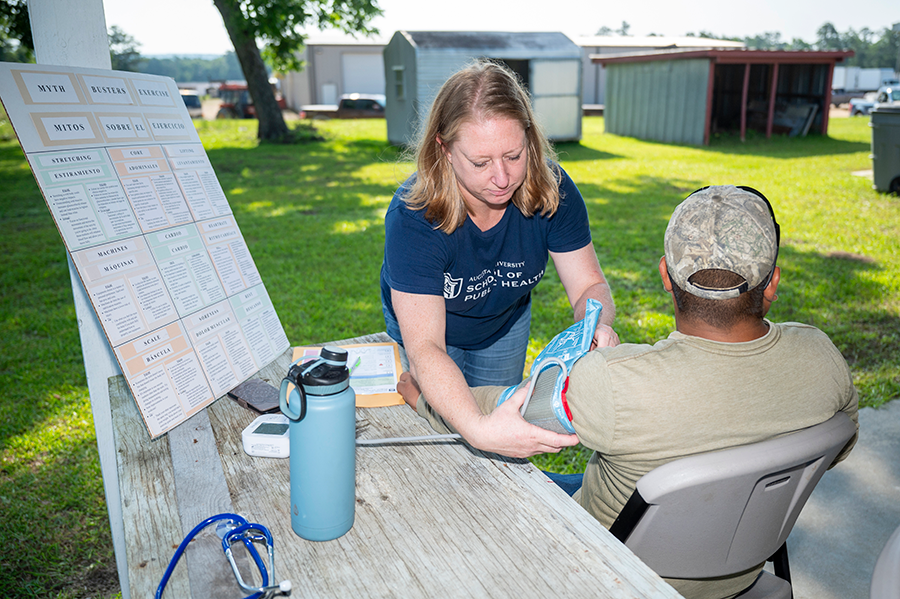
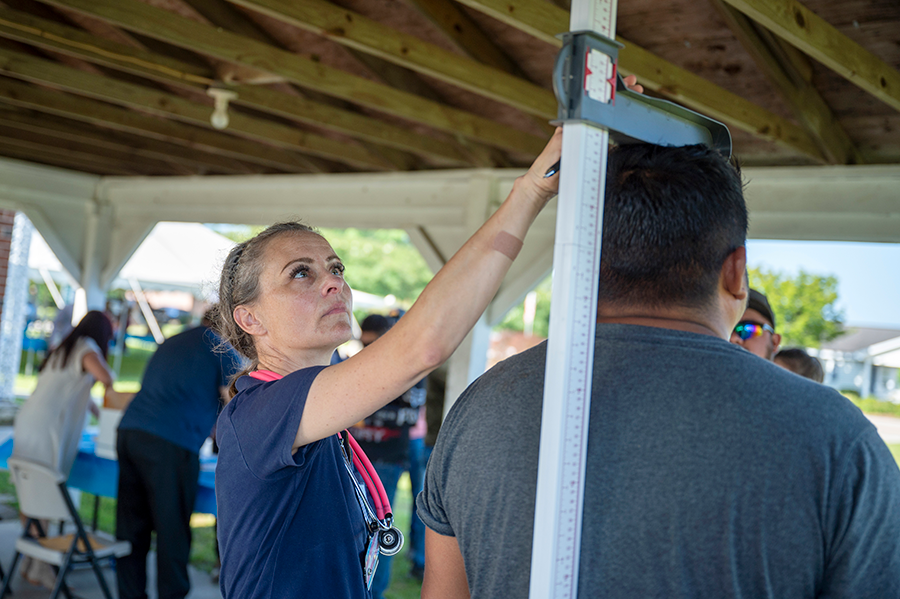
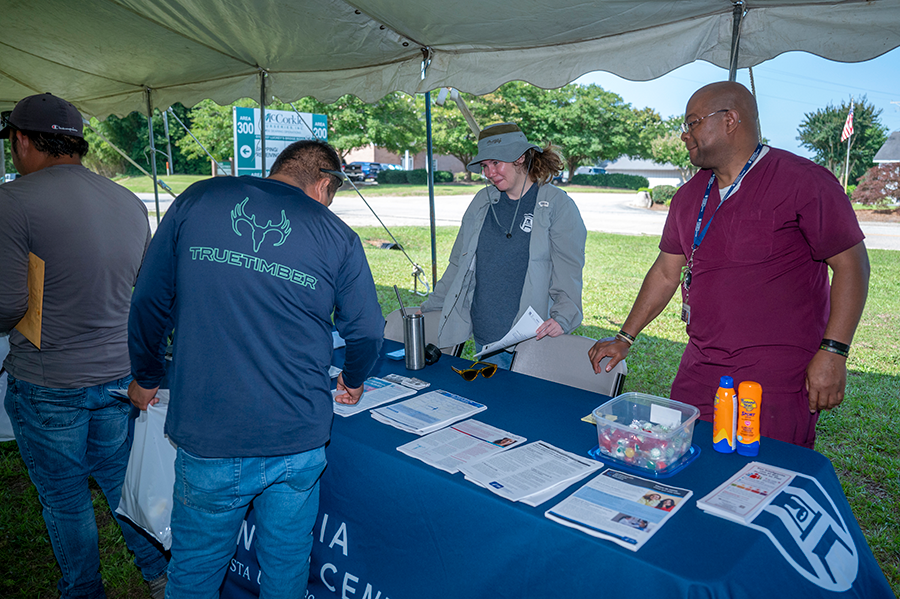
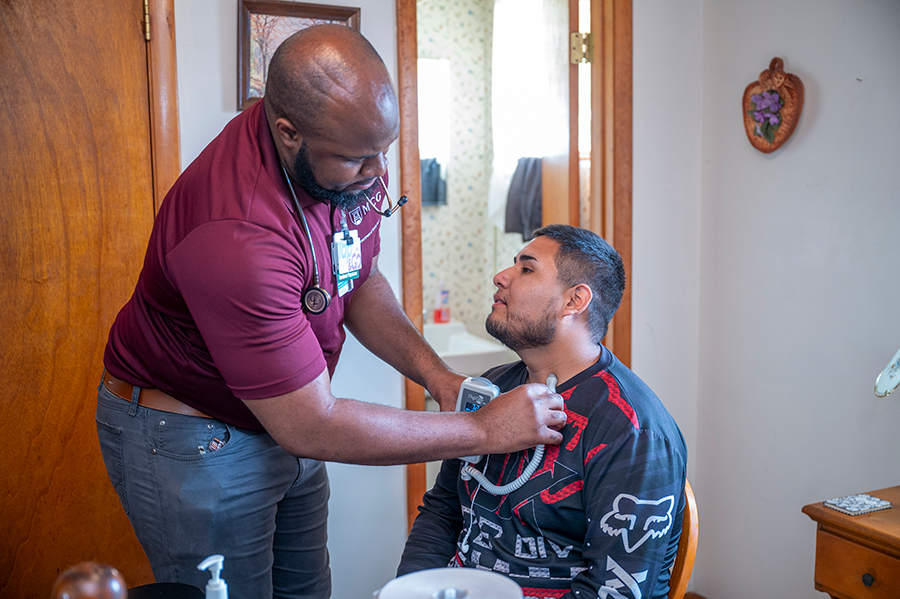
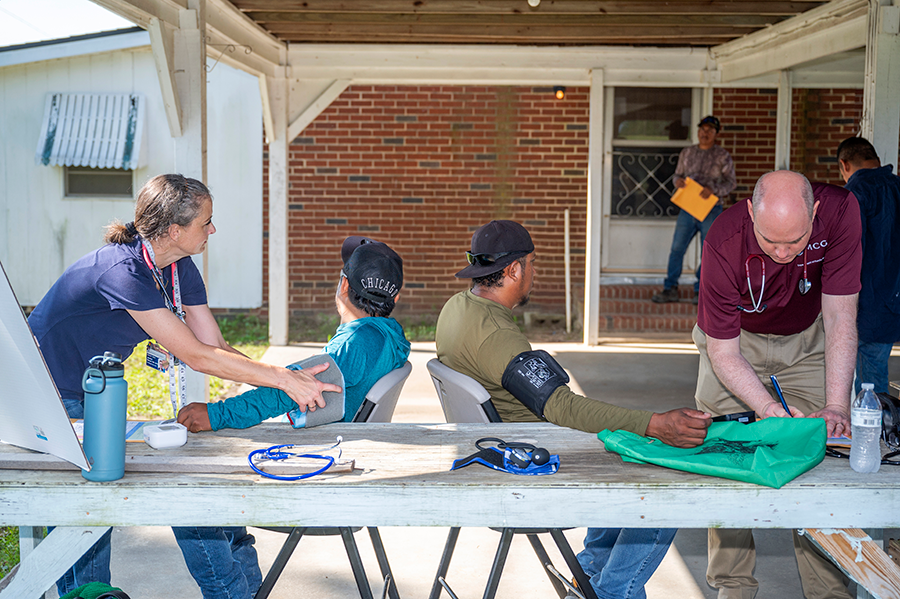
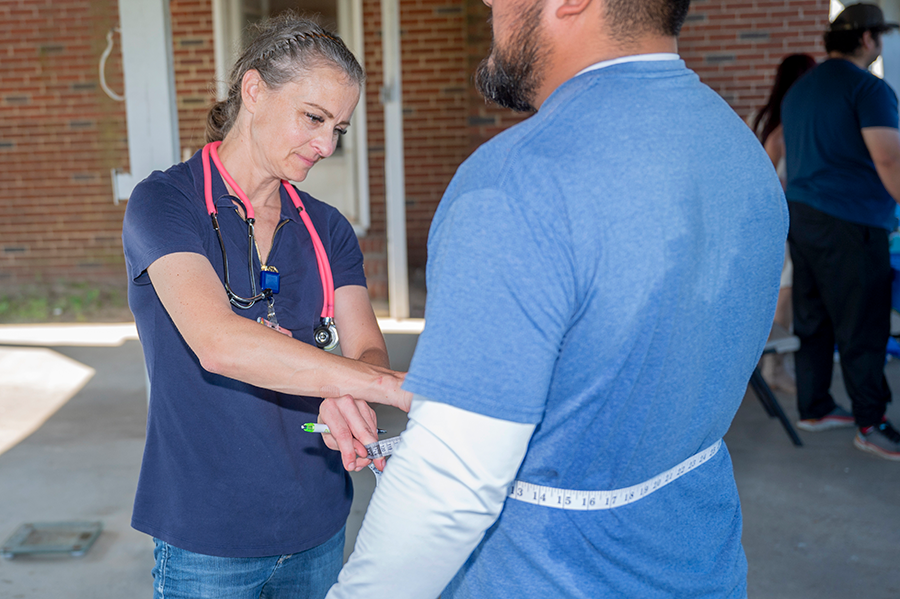
Rural health can be a tricky thing because, oftentimes, people don’t have access to everything they need. In Georgia, there is a physician shortage, leading many counties to share physicians with neighboring counties. On top of that, the physicians practicing in parts of rural Georgia may not have all the resources or supplies necessary to conduct various tests and screenings.
That makes these health fairs even more important. The health care professionals and volunteers offer services and screenings to the workers at rural farms and the members of the surrounding communities who may not always have easy access to the care they need.
“When we talk about rural medicine, it’s not going to be what most of us see in the clinic or doctor’s office,” Stewart said.
The challenges of rural medicine are something Stewart was prepared for after serving in the Peace Corps in El Salvador.
“One of the things I did in the Peace Corps as a rural health and sanitation volunteer was develop a first aid training manual for all the other volunteers in El Salvador to teach local leaders about first aid in rural areas,” she said. “We focused on things you can use that are around the compound because you have to leverage resources that are local when you work in rural areas.”
Stewart has seen the effort grow and continue to build, and the effects are real. People look forward to the health fair every year, and, with other groups joining the cause from AU, she hopes it will continue to achieve success, much like other successful rural health fairs sponsored by AU.
“It’s a mutually shared relationship where we can come out here, everybody has a good time, but it’s also providing the service that’s needed.”
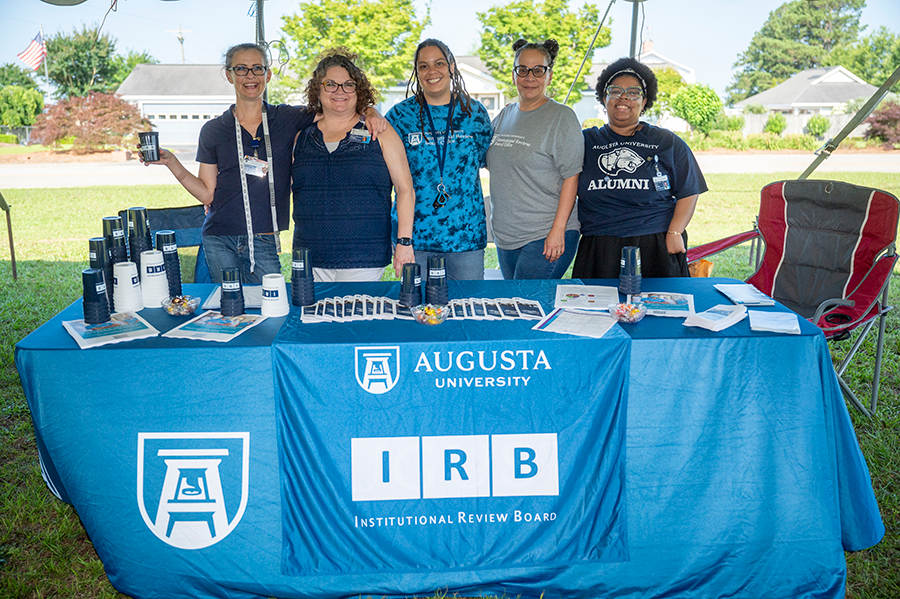 Jessica L. Stewart, PhD, and members of Augusta University’s Institutional Review Board team. [Michael Holahan/Augusta University]
Jessica L. Stewart, PhD, and members of Augusta University’s Institutional Review Board team. [Michael Holahan/Augusta University]Like
Like Love Haha Wow Sad Angry



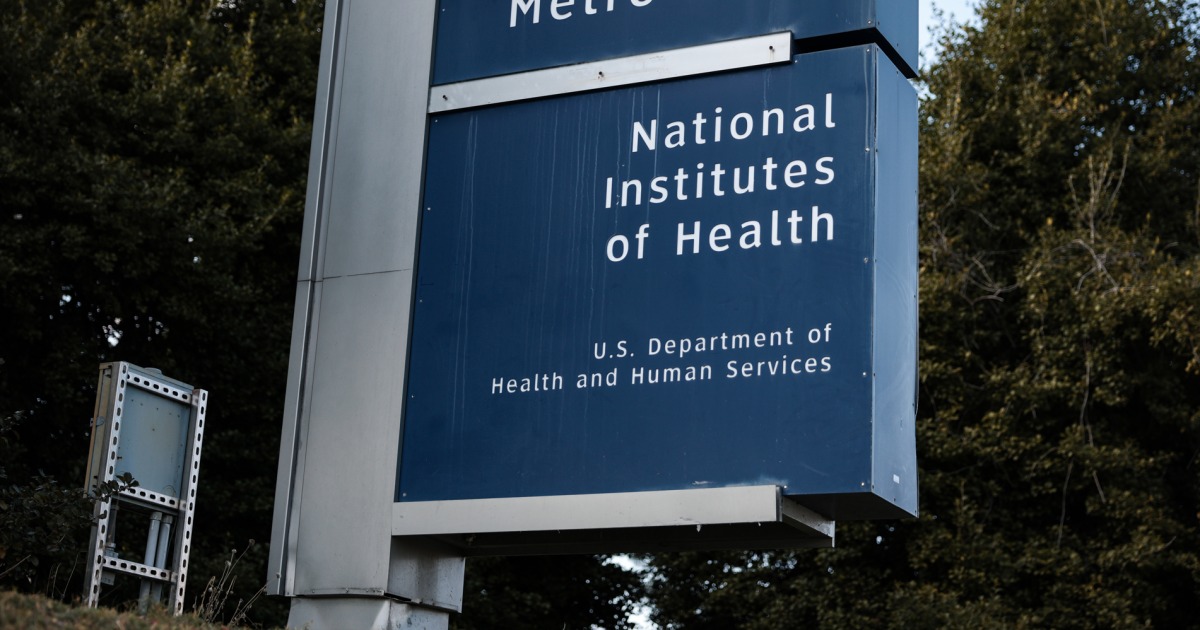
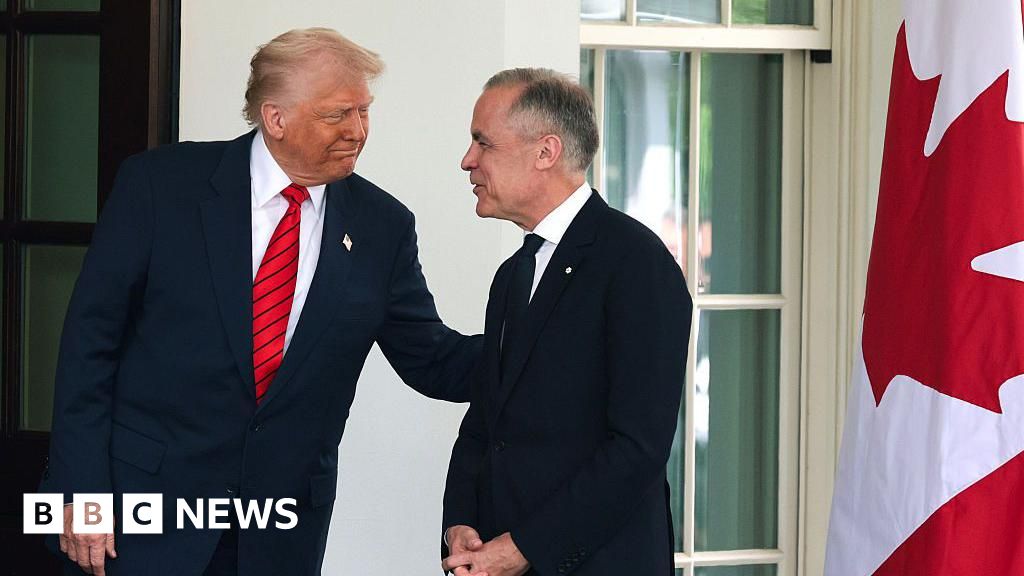

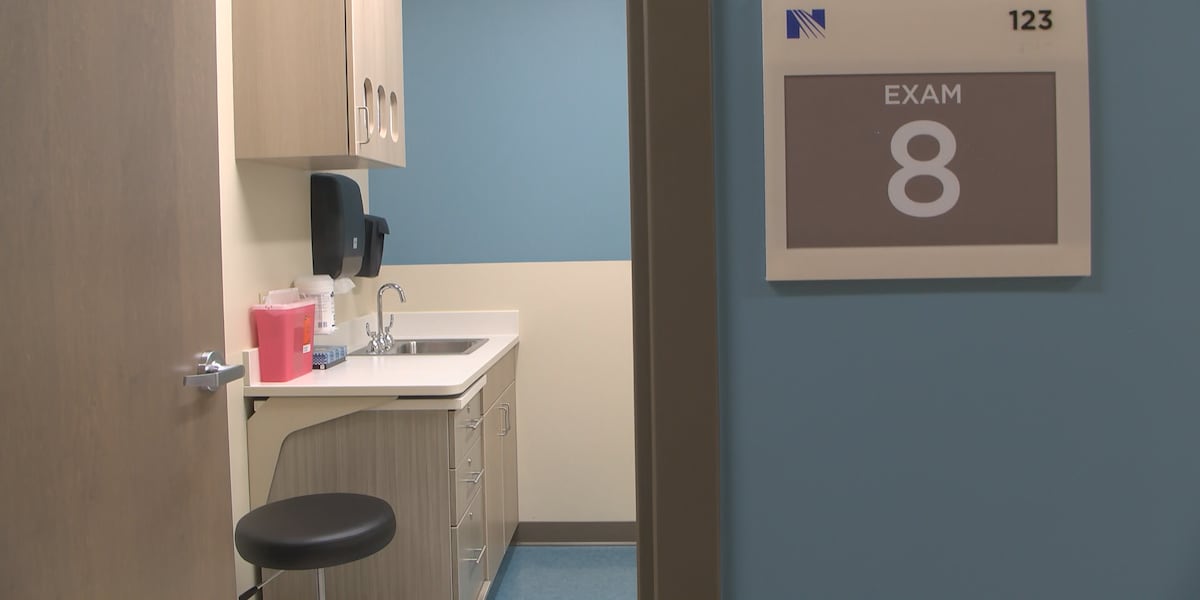
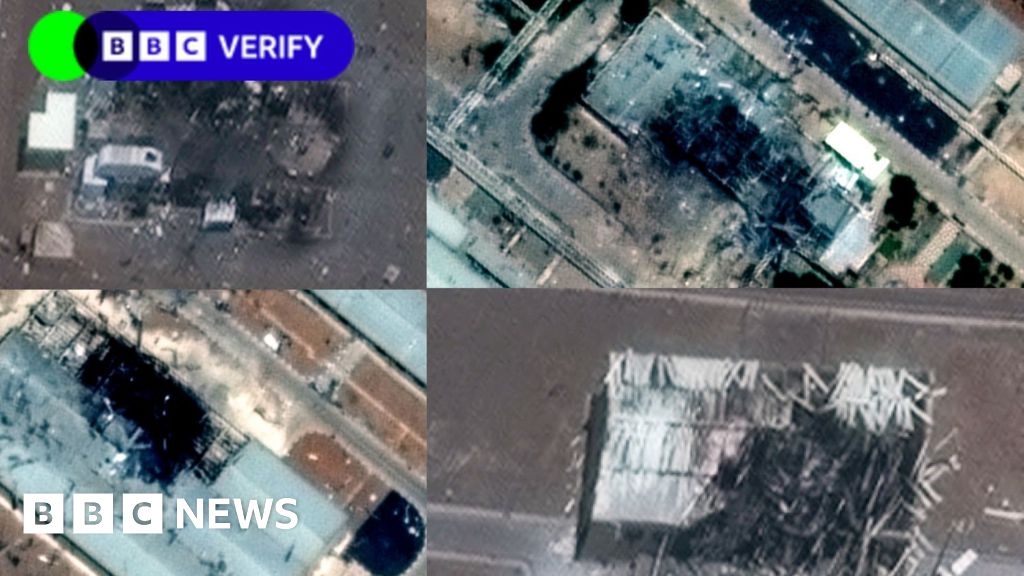

 English (US) ·
English (US) ·